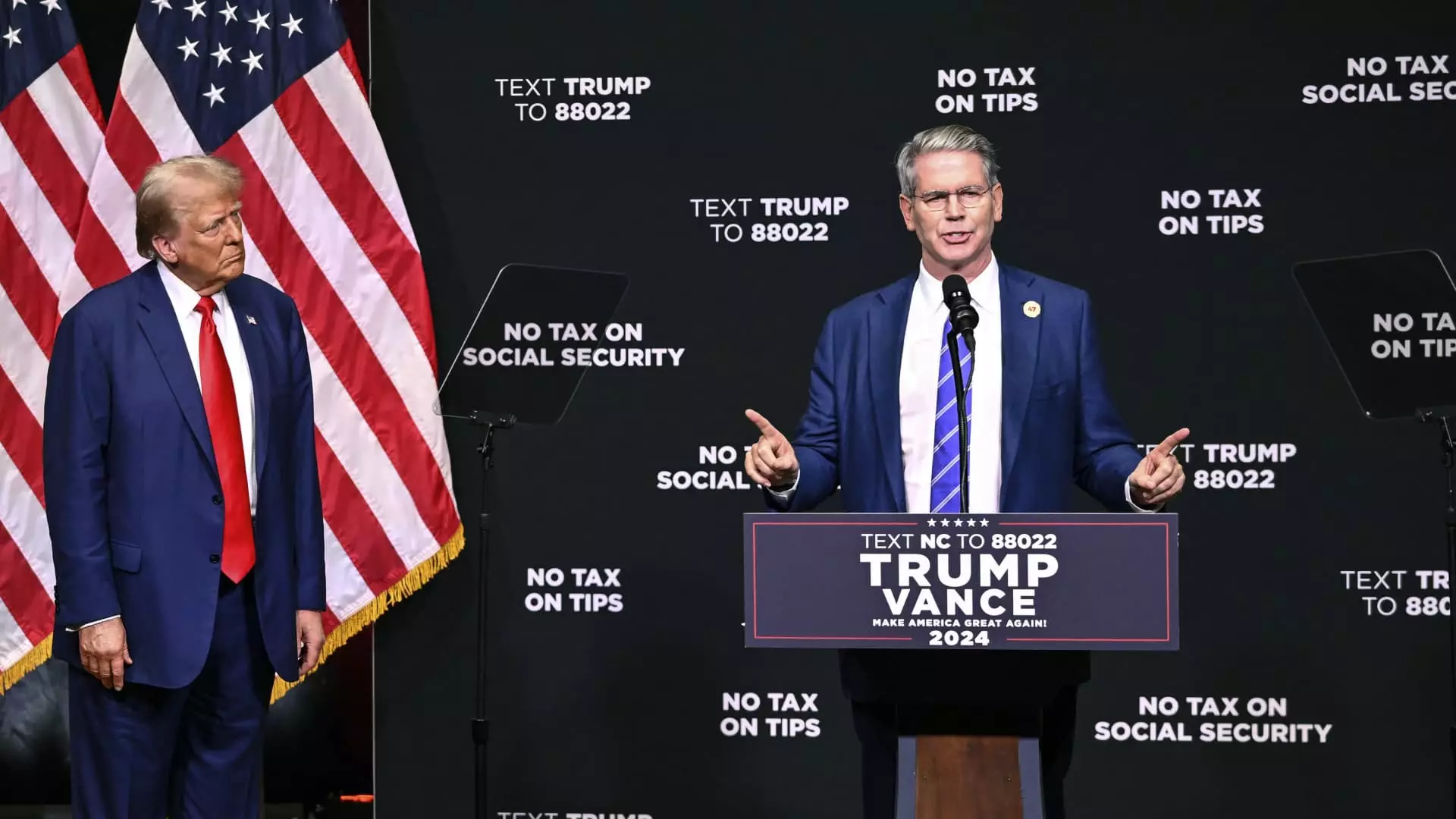In a significant shift in leadership, President Donald Trump has appointed Scott Bessent as the acting director of the Consumer Financial Protection Bureau (CFPB). This move follows the dismissal of Rohit Chopra, who held the position under President Joe Biden. The CFPB, an agency established to protect consumers in the financial sector, has become a focal point for industry debates, particularly regarding its regulatory approach toward banking practices.
Scott Bessent is stepping into his new role after a brief stint as Treasury Secretary, where his experience as a hedge fund manager likely influenced his perspective on economic matters. His immediate goal appears to align with Presidential directives aimed at reducing costs for American consumers and fostering economic growth. As Bessent embarks on this challenge, it remains to be seen how his leadership will shape the CFPB’s strategies and regulations moving forward.
Chopra’s tenure at the CFPB was characterized by confrontations with the banking industry, particularly regarding consumer financial protections. Under his direction, the agency sought to impose tighter regulations on credit card fees and overdrafts—moves many banking organizations challenged in court. Trade groups claimed that Chopra’s proposed rules could harm the industry, arguing that such regulations lacked justification and would cripple consumer choices.
Despite the pushback, Chopra’s leadership highlighted the ongoing tension between financial institutions and regulatory bodies. His commitment to reforming practices he deemed exploitative reflected a proactive approach that resonated with consumer advocates. Even after leaving the agency, Chopra emphasized the potential for the next administrator to implement substantial reforms, such as capping credit card interest rates—an indication that the conversation around consumer protections is far from over.
With Bessent now at the helm, attention will shift to his strategies and priorities. He has publicly expressed eagerness to align with the President’s agenda, suggesting that his administration may favor less stringent regulations on banks and financial entities than had been pursued under Chopra. This shift could signal a new era for the CFPB that prioritizes the interests of banks over some of the more consumer-focused reforms.
The outcome of this leadership transition could shape the landscape of consumer finance in the United States for years to come. Stakeholders, including legislators, consumer advocacy groups, and the banking industry, will be watching Bessent’s actions closely. The direction he chooses could either foster an environment of cooperative regulation or escalate existing tensions with the banking sector.
As the CFPB navigates this transformative period, the overarching question remains: will Scott Bessent prioritize the regulatory reforms that aim to protect consumers or the economic interests of banks? The agency’s approach to issues such as credit card fees and overdraft charges will serve as a litmus test of its commitment to balancing consumer protection with industry needs. The upcoming months will be critical in defining the CFPB’s trajectory and revealing whether it will fulfill its foundational mission or shift dramatically under new leadership. As such, stakeholders and the public alike must stay engaged and informed as these developments unfold.

